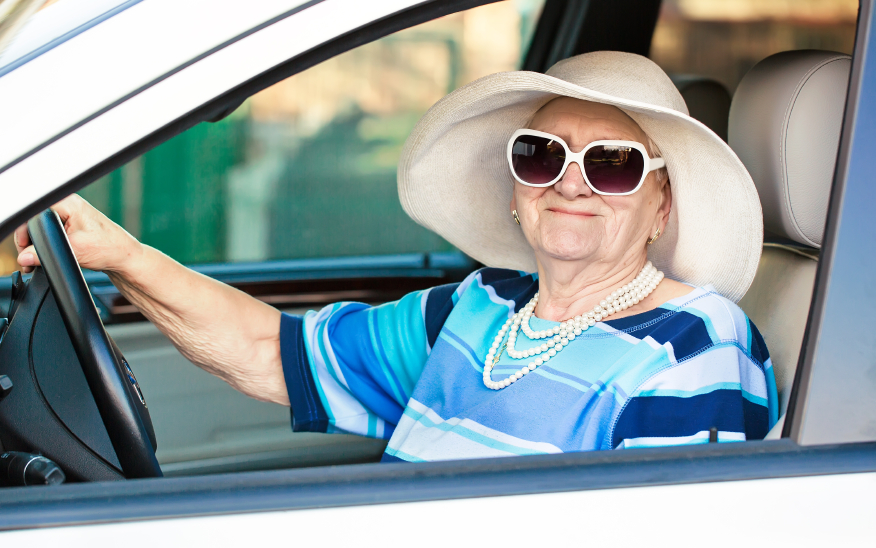Earning your driver’s licence when you are young is viewed as your first step to freedom and independence. Therefore, it shouldn’t come as a surprise that the loss of a driver’s licence can make an older person feel like they have been robbed of both freedom and independence.
“It has been demonstrated may times that receiving the news that you will be losing your driver’s licence has similar effects as being diagnosed with cancer,” said Sylvain Gagnon, a researcher for the Canadian Driving Research Initiative for vehicular safety in the Elderly (CANDRIVE).
“People feel they’re a bother to everyone if they ask for rides” says Carol Libman, a consultant with CARP Canada, a senior’s advocacy organization. “Isolation is one of the worst things. People get depressed”.
Findings from a study researchers conducted out of Columbia University’s Mailman School of Public Health were published in the Journal of American Geriatrics Society. They assessed the health and well being of older adults before and after losing their licence. The results showed significant increases in depressive disorders, along with reduced cognitive and physical capabilities at a rate of 2X faster than older adults who still drove. The study also found that there was a 51% decrease in size of social circles, including friends and relatives. Seniors who lost their licence were 5 times more likely to move into a nursing home or assisted living community.
So, what does all this mean? The challenges of losing the opportunity to drive can be overwhelming. Have a plan in place. You may or may not lose your licence but being prepared will give you comfort in knowing what your options may be. You may have to make some tough choices, so considering some of them in advance might make it less stressful. Relocating from rural to urban living, or from a familiar neighbourhood to a different part of town may offer better access to public transportation and stores. Instead of worrying about them, think about what would be best for you. Try to be open minded and look at what your options could be. Try not to look at moving into a senior community as a negative. The way these communities are developing bring so many wonderful options for older adults and the idea of still maintaining your independence within this community should be viewed as a positive experience. Change is hard but looking at change with gratitude instead of dismay will help adjust your mind set.
There are some ways seniors can reduce the negative side effects that can result from the loss of a driver’s licence. Stay active – join a group or pick an activity that gets you out of the house at least 3 times a week. Find out if there is an option in your community for senior transportation. More communities are offering transportation to seniors that do a weekly trip to the grocery store, bank, doctor’s office and possibly the local coffee shop. You can certainly use these services if you don’t want to contact friends or family. These senior services can be much more reasonably priced than a taxi or uber service. Challenge your mind and keep learning new things. Work through tricky puzzles and read as much as you can to work on your cognitive skills.
Go outside everyday. If you lose your mode of transportation it would be easy to close your self off and stay in your home. A short walk can benefit you with exercise, fresh air and possible chatting with neighbors.
Have a plan in place. Knowing this may happen to you and having some tools available to deal with it will give you confidence that you can get through it if you need to. Being proactive instead of reactive will make the experience much less overwhelming when and if it happens.






Add Your Voice
0 Comments
Join the Discussion